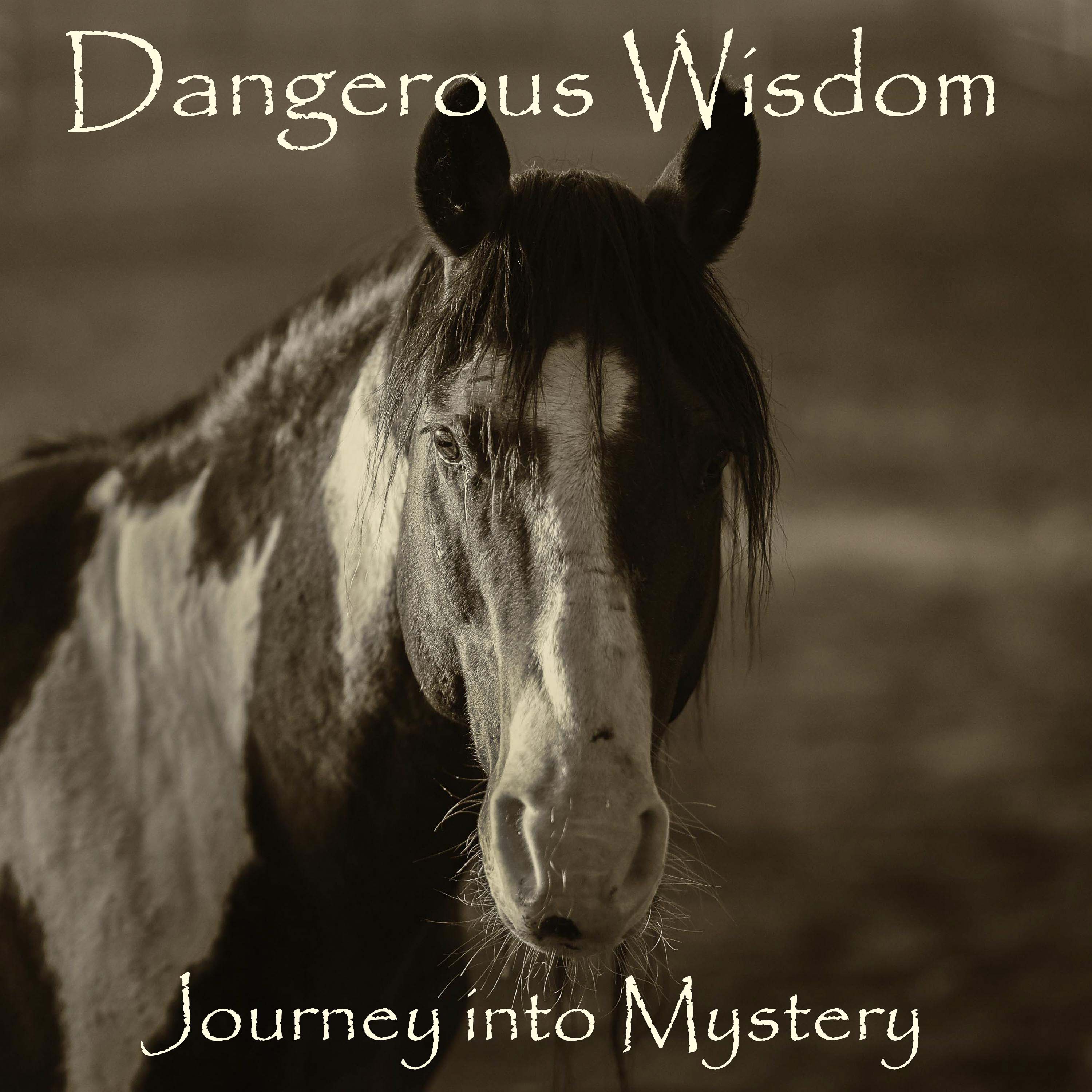Marijuana - A Love Story - Dialogue with Derrick Jensen
Description
Derrick Jensen's new book is called, Marijuana: A Love Story. It details his wild romance with this oft misunderstood plant teacher and medicine, and how the dream the Marijuana once offered people (a version of "the American Dream") became ruined by the corporatized capitalistic system.
From the book description: "In state after state, the wealth-building capacity of this extraordinary plant is now concentrating into the control of the already rich. From seed to smoke, legalization is eroding the lives and livelihoods of the people it was supposed to help: the patients, growers, trimmers, "mules," and activists who created the colorful and committed culture that is now under threat.We can end the war on weed without turning it into a war on small family growers-but it will depend on how much pressure we are willing to apply to force law makers to serve local communities rather than corporate interests. Marijuana: A Love Story is a report from the front, a reminder of how and why we fell in love with this plant, a cautionary tale of corporate power, and a call to once more "Free the Sacred Herb."'
Derrick Jensen is the author of more than twenty-five books, including Bright Green Lies, A Language Older Than Words, The Culture of Make Believe, and Endgame. He is also a teacher, activist, and small farmer, and was named the poet-philosopher of the ecological movement by Democracy Now! In 2008, he was chosen as one of Utne Reader's 50 Visionaries Who Are Changing Your World and won the Eric Hoffer Award. He is a cofounder of the organization Deep Green Resistance. Jensen has written for the New York Times Magazine, Audubon Magazine, and The Sun, and was a columnist at Orion Magazine. He holds an MFA in creative writing from Eastern Washington University and a BS degree in mineral engineering physics from the Colorado School of Mines, and has taught creative writing at Eastern Washington University and Pelican Bay State Prison. He lives in Northern California on a property frequented by bears.
More Episodes
Is trauma real? In what sense? These questions don't in any way deny the real suffering of people diagnosed with trauma. Instead, they ask how we might take a broader and deeper look at trauma, in order to heal and transcend it. How can we do better in reducing the emergence of traumatizing...
Published 10/31/24
Published 10/31/24
The dominant cultural worldview is based upon extraction and exploitation practices that have brought us to the precipice of social, environmental, and climate collapse. Braiding poetic storytelling, climate justice and deep cultural analyses, and the collective knowledge of Earth-centered...
Published 07/24/24


